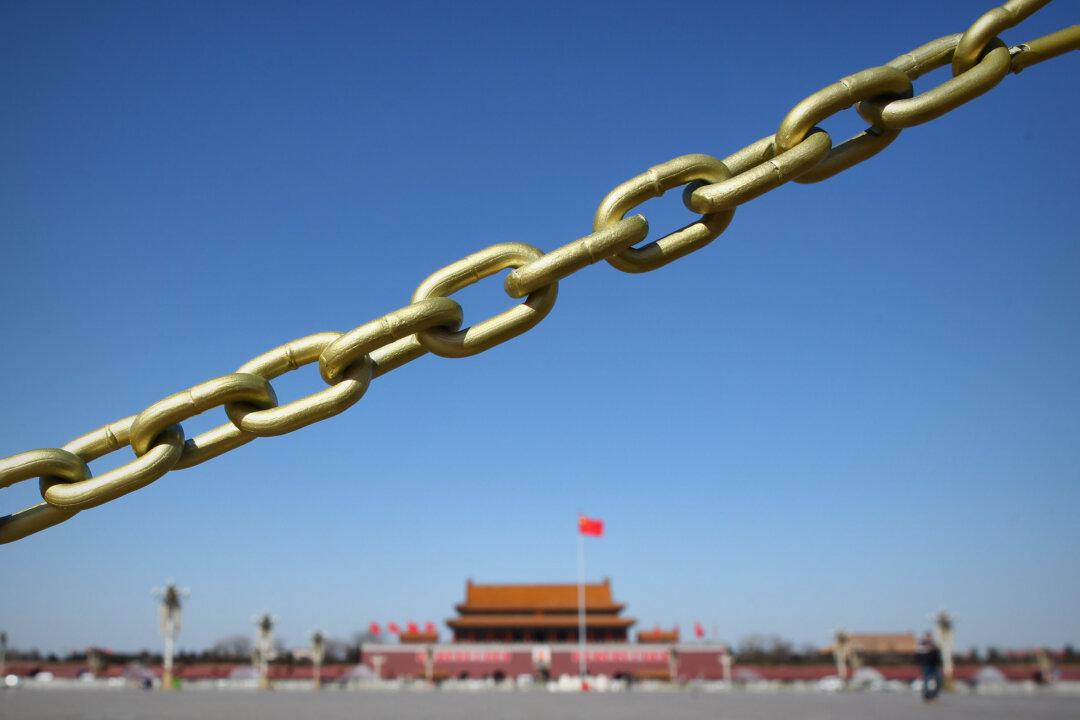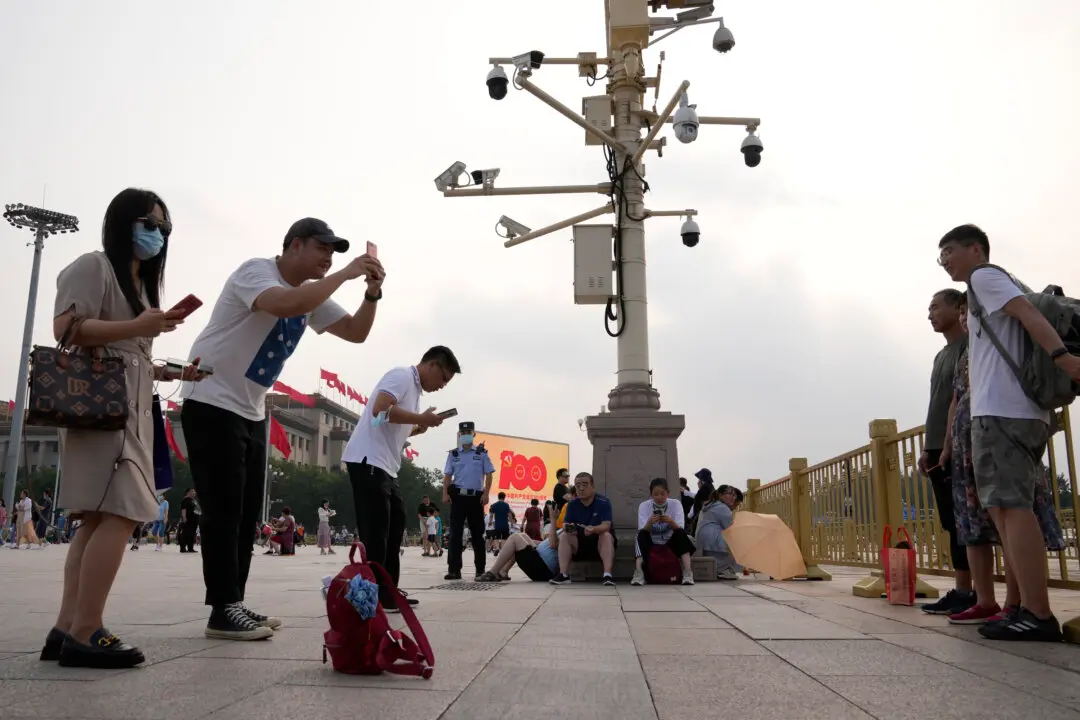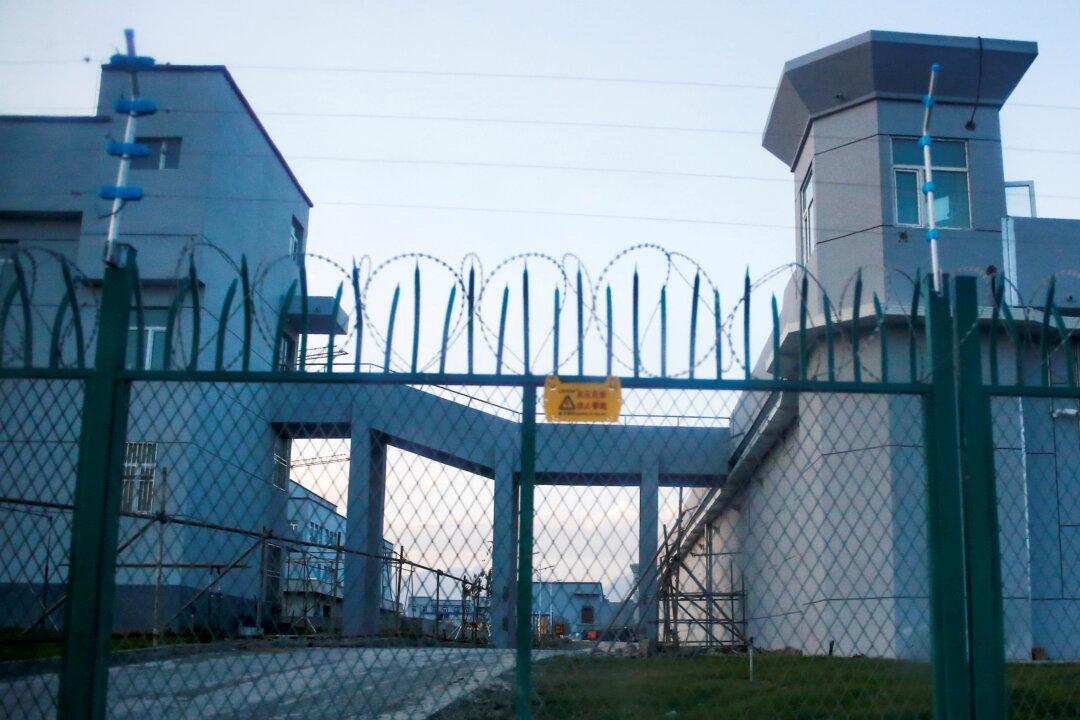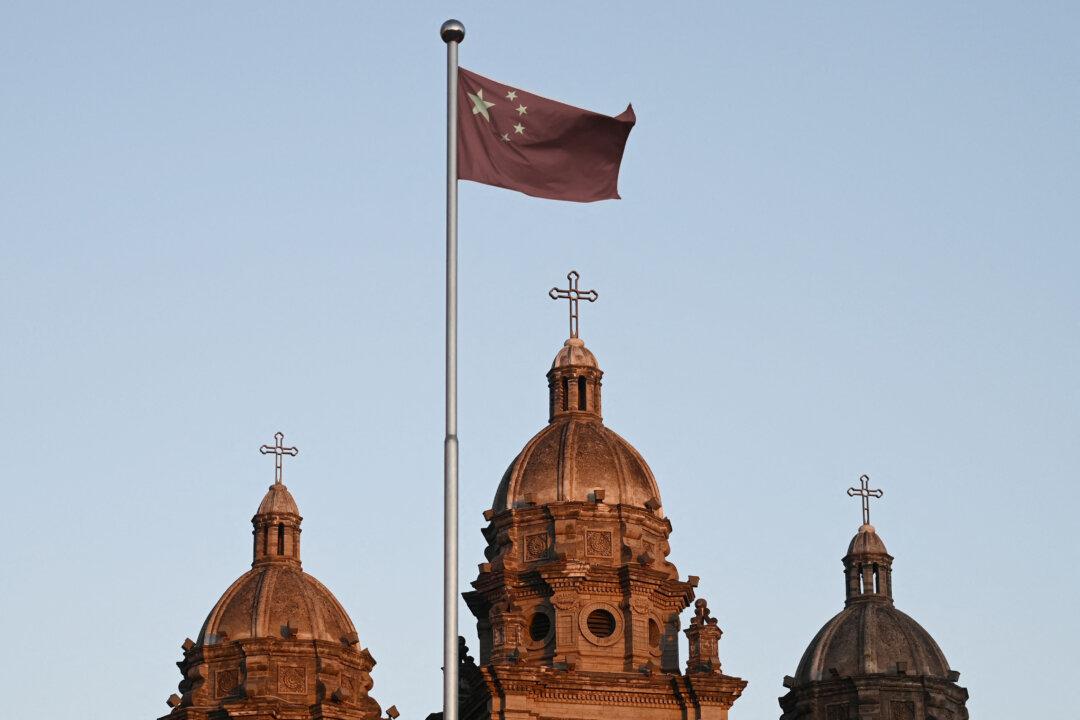It certainly seems like a never-ending saga, but Canadians have been inundated with stories in the media for a year and a half now on the extent to which the People’s Republic of China (PRC) has been sticking its fingers into Canadian affairs. Whether it is directly trying to get pro-China MPs elected to Parliament, stealing sensitive biotechnology from Canada’s highest-level lab in Winnipeg, or setting up “police stations” in several cities to provide “services” to Canadians of Chinese heritage (this is the first time I’ve heard of spying and intimidation as a “service”), there doesn’t seem to be an end in sight.
Nor will there be.
Whatever the outcome of the Public Inquiry Into Foreign Interference, it seems clear that a few things will move forward. While the following list is assuredly not exhaustive, it should nevertheless serve as ample warning of how significant a threat China poses to Canada on multiple levels.
First and foremost, and most dangerously, the federal government is showing little sign it’s taking the threats seriously. It continues to evade requests for documentation, and obfuscates the extent to which some MPs are in the PRC’s grasp.
Chinese influence will continue to grow as the PRC assuredly believes that it has gotten away with its actions thus far and has no reason to think it will be blocked any time soon. In other words, the PRC will keep harassing Canadians who oppose the current regime (especially those in the Uyghur, Tibetan, Hong Kong, and Falun Gong disaporas), as this is what all autocratic nations do, and seek to ensure its lackeys are in positions of power. Laws are merely an inconvenience to officials in China, and that regime has shown no signs of respecting the law of the land here in Canada.
With respect to technology, the PRC will most definitely seek to use its hardware and platforms to monitor individuals and gather reams of information on them. In this we are not alone, but Canada and Canadians seem too beholden to Chinese technology (e.g., TikTok) without considering the security and privacy implications.
Another front has opened of late that is much more worrisome. According to a source who contacted me, the PRC has been approaching First Nations and asking them to allow it to establish a variety of partnerships on Canadian soil (drone manufacturing, tobacco farms, etc.). Whether or not the federal government is aware of these efforts is unknown, nor is its reaction to such moves. (If it is anything like their disavowal of CSIS intelligence on Chinese electoral interference, no one should be satisfied.)
China is undoubtedly telling First Nations that it is not like other partners, accusing Canadian/Western companies of a history of abusing our original inhabitants (the whole “settler/colonizer” argument), and hence is better placed as a reliable partner. This, of course, ignores two critical areas that undermine this claim.
Looking at Beijing’s treatment of the Uyghurs in Xinjiang, as well as Tibetans, that regime executes the exact same types of actions it sanctimoniously accuses the West of perpetrating (it is acting similarly in Africa). Why some would fall for this revisionist history is anyone’s guess. History shows that China has always been, and will continue to be, a colonial power.
Secondly, the PRC has a history of “helping” nations with infrastructure projects (ports, factories, airports, etc.) only to take possession of these facilities when the country cannot come up with the funds to pay for them. To expect the PRC to act any differently here is fantasy. First Nations may think they are in a win-win situation with their PRC sugar daddies, but they would be well-advised to see the experiences of others.
The other aspect of concern is China’s claim to be a “near-Arctic” nation (not by any map I’ve ever seen). If it were to engage our Inuit communities, that would garner it access to Canada’s North, a presence not in our interest.
The bottom line is that China wants to be the world’s dominant power by 2049—the centenary of its “founding” as a modern autocracy. Anyone who thinks this is a good idea for everyone else is delusional.
As for the Canadian governments—federal, provincial, territorial, municipal, AND First Nations—it is well past time that they take China’s threats to us seriously. Alas, on that front, there is little room for optimism.





